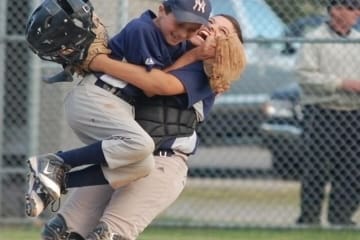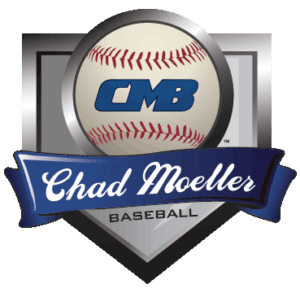 This is the tenth review of the sport parent code of conduct that many parents have signed in order for their child to participate in little league baseball. At Chad Moeller Baseball – we are looking at this document in a deeper reflection with the hope that we can help explain the importance of this conduct code.
This is the tenth review of the sport parent code of conduct that many parents have signed in order for their child to participate in little league baseball. At Chad Moeller Baseball – we are looking at this document in a deeper reflection with the hope that we can help explain the importance of this conduct code.
The code of conduct includes 17 elements that parents must agree to before signing the document. Number 17 on the list states:
“17. I will refrain from coaching my child or other players during games and practices, unless I am one of the official coaches of the team.”
Ninety percent of people who break this conduct rule do so with best intentions. Many of us observe a baseball game and can make a judgment that we are sure would help the team’s performance. And for some reason the coaches or the players are not implementing or seeing the same thing that we are seeing.
But we need to understand that our observations if made vocal can have a negative impact on the individual player or a coach’s ability to coach.
I have seen and been coaching on fields when a parent will start to position the players on the field. They might tell the centerfielder to deepen up or shift more to right center and quite possibly, this might be the right direction. The only problem occurs because the player does not know who to listen to during the next situation.
The most prevalent of these instances occurs when a player is batting. Dad starts to coach their kid from the on deck circle or when they step into the batter’s box. The kid is hearing too many different words and can get confused. The encouragement or correction might have a negative consequence.
Coaches signed up to coach – kids signed up to play – parents signed up to parent and encourage. This is a fine line for parents.
The last part of this entry involves parents understanding their boundaries. The dugout is for players and coaches. Too often, parents are popping their head into the dugout and telling the coach what they should do or talking to their kid about the game.
We as parents must realize that the dugout is their place and the stands is our place.
Feel free to talk to your son or daughter after the game.
This action starts to intrude on the coach’s ability to instruct with autonomy. Coaches will internally start to get upset about the intrusions in the dugout. Many coaches will never state to a parent that they should stay out of the dugout to their face because it might seem rude. Parents might even ask if it is okay and many coaches might say that it is fine – but quite honestly – it is not fine.
It is fine line we walk upon in this situation. We want our positive hopes to stay positive for all who are involved.
Until Next Time,
Chad

